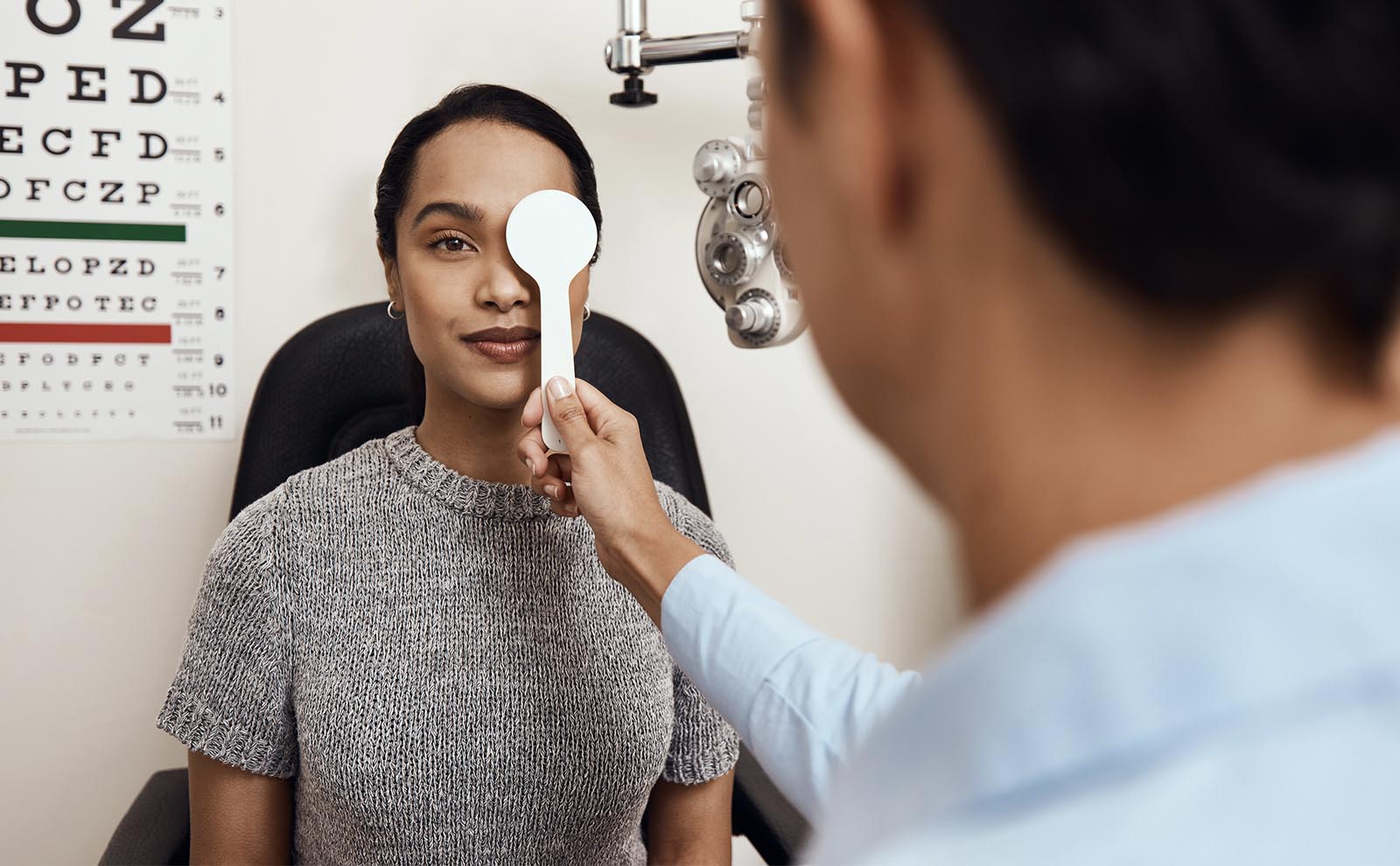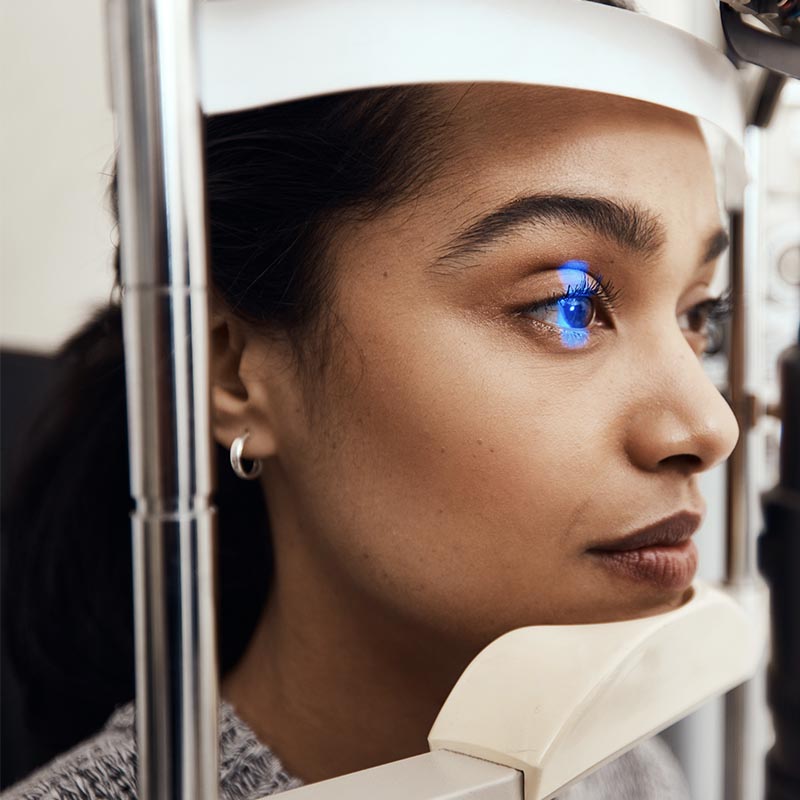Your eyes do more than help you see—they give you a window to the world. At Rocky Mountain University Eye Institute, we specialize in diagnosing and treating eye diseases that can threaten your vision and overall health. Whether you’re managing diabetes, glaucoma, or age-related conditions, our team provides advanced care tailored to your needs.
Medical Eye Care
Protect Your Sight with Expert Medical Eye Care



Introduction to Medical Eye Care
- Early detection and management of serious eye diseases
- Comprehensive care for diabetic eye disease, glaucoma, AMD, and more
- In-depth medical eye exams using advanced technology
- Serving patients in Provo, Orem, Lehi, Springville, and beyond
What Is a Medical Eye Exam?
More Than Just a Vision Check
A standard eye exam checks how well you see. A medical eye exam goes further, focusing on the overall health of your eyes. Using high-resolution imaging and diagnostic tools, we look for early signs of disease—even before symptoms appear. This deeper evaluation allows us to detect, manage, and sometimes even prevent vision loss from serious conditions like glaucoma, diabetic retinopathy, and macular degeneration.
Who Needs Medical Eye Care?
Know When to See a Specialist
If you’ve been diagnosed with a chronic condition like diabetes or high blood pressure, or if you’re over age 60, regular medical eye care is essential. You may benefit from a medical eye exam if you experience:
-
Blurry vision, floaters, or trouble focusing
-
Eye pain, redness, or sudden vision changes
-
A family history of eye disease
-
Dry eyes or increased light sensitivity
-
Changes in vision due to aging or chronic health conditions
Managing Eye Disease Through Early Detection
Your Best Defense Is a Timely Diagnosis
Many serious eye conditions progress without noticeable symptoms. Catching them early can protect and even restore vision. At RMU Eye Institute, we use the latest tools to detect conditions such as:
-
Glaucoma – Damage to the optic nerve due to high eye pressure
-
Macular Degeneration (AMD) – Affects central vision and reading ability
-
Diabetic Retinopathy – Vision-threatening damage caused by high blood sugar
-
Cataracts – Clouding of the eye’s natural lens
-
Dry Eye Syndrome – A chronic condition that causes discomfort and visual fatigue
With timely care and personalized treatment, we aim to help you preserve your vision and quality of life.
Frequently Asked Questions
What’s the difference between a medical eye exam and a routine eye exam?
A routine eye exam focuses on your vision and prescription needs. A medical eye exam evaluates the health of your eyes to detect and treat diseases like glaucoma, diabetic retinopathy, or macular degeneration—even before you notice symptoms.
How often should I get a medical eye exam?
Most adults should have a medical eye exam annually, especially those over 60 or with health conditions like diabetes, hypertension, or a family history of eye disease. Your doctor may recommend more frequent visits depending on your risk.
Can an eye doctor detect diabetes or high blood pressure?
Yes! The blood vessels in your eyes can reveal signs of diabetes, high blood pressure, and other systemic conditions. Regular medical eye exams can catch these changes early—sometimes before you’re diagnosed by your primary doctor.
What are the early signs of glaucoma or macular degeneration?
Glaucoma often has no symptoms until vision loss has already occurred. Macular degeneration may cause blurry central vision or trouble seeing details. Early detection through imaging and pressure tests is key to preventing permanent damage.
Is medical eye care only for seniors?
Not at all. People of all ages—including children and young adults with chronic health issues—may need medical eye care. Conditions like diabetes, autoimmune disorders, or even frequent digital eye strain can warrant a deeper look at eye health.
Will my insurance cover a medical eye exam?
In most cases, yes—if your visit is related to diagnosing or managing a medical eye condition. Coverage can vary, so it’s best to check with your insurance provider or call our office for help navigating your benefits.

